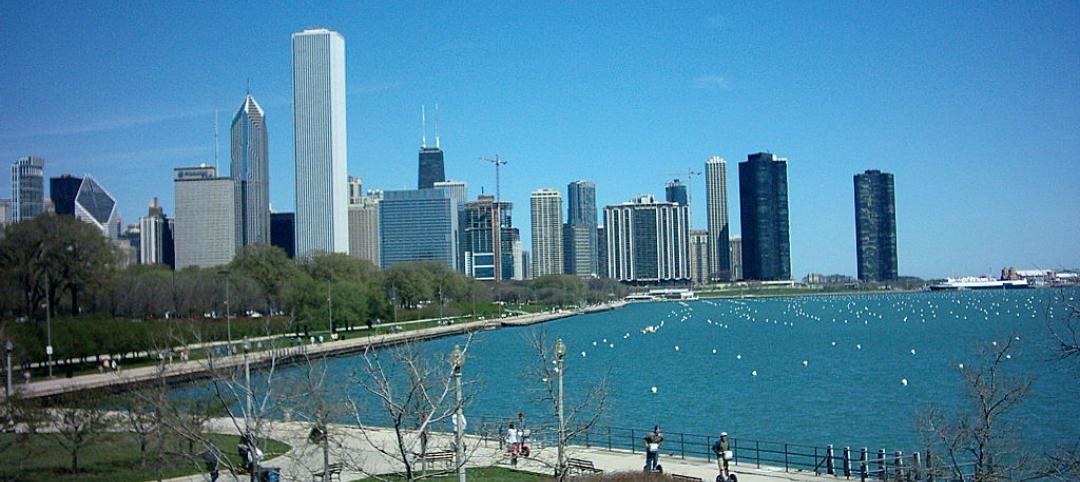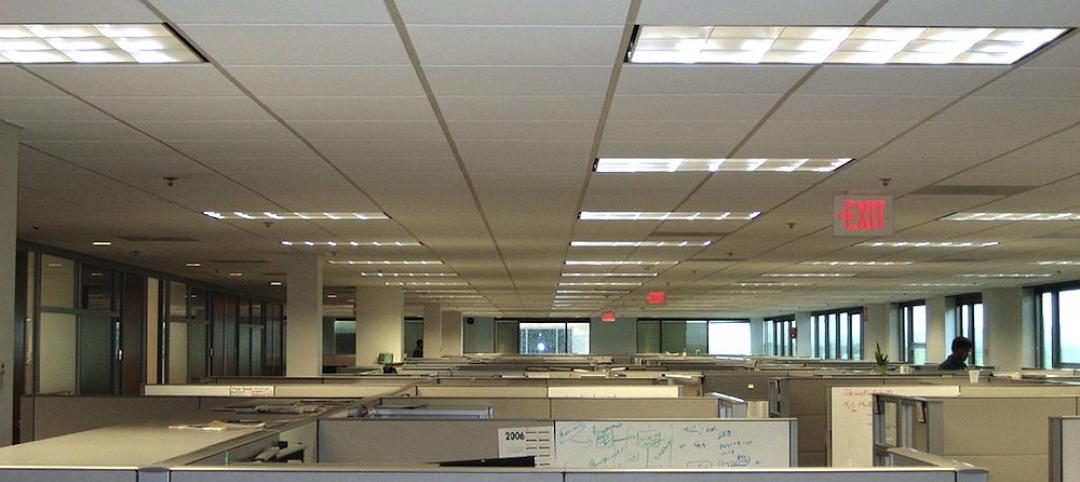City-owned land in Boston’s booming Seaport district is vulnerable to flooding, a condition that will only worsen with climate-induced sea-level rise.
To address this threat, city officials have instituted developer fees as a condition to build in the area to help finance a seawall and other protective infrastructure. Cost estimates to protect the 191-acre area are as high as $124 million.
Without any resiliency measures, the area would otherwise be prone to regular flooding as soon as the 2030s, and could be largely under water at high tide by the end of the century. Developers are designing properties to be flood resilient, but a seawall would protect properties from utility outages and flooded roads.
The program, the Climate Resiliency Fund, is modelled on programs that collect developer fees for affordable housing funds or for park space or infrastructure upgrades.
Related Stories
| Jun 11, 2014
AGC to study causes of construction deaths, injuries
The Associated General Contractors of America is conducting a new study to make job sites safer and search for ways to lower the number of injuries and deaths in the construction industry.
| Jun 11, 2014
U.S. infrastructure quality ranks only 19th in the world
The quality of infrastructure in the U.S. ranks just 19th in the world, trailing countries such as Oman, Portugal, and Spain, according to the World Economic Forum’s Global Competitiveness Report.
| Jun 11, 2014
ISO releases standards for comparing city services worldwide
The International Organization for Standardization (ISO) has created the first standards to compare services of the world’s cities.
| Jun 11, 2014
Federal bill would promote shifting to energy-efficient roofs
A bipartisan proposal from U.S. Reps. Tom Reed, R-N.Y., and Bill Pascrell, D-N.J., would make roof replacement cost less and would help commercial building owners adopt energy-efficient systems.
| Jun 5, 2014
Over budget Homeland Security headquarters project may be canceled
A massive new headquarters for the Department of Homeland Security is more than $1.5 billion over budget, 11 years behind schedule, and may never be completed.
| Jun 5, 2014
Insurance giant sues nearly 200 Illinois communities for failing to prepare for climate change
Farmers Insurance filed nine class action suits against nearly 200 communities in the Chicago area, saying that local governments should have prepared for rising global temperatures that have led to heavier rains and flooding.
| Jun 4, 2014
Dikes, water pumps, and parks will help New York City area be more resilient
The Obama Administration has pledged $1 billion in federal funding to protect the New York City region from flooding like the area experienced from Superstorm Sandy.
| Jun 4, 2014
Green initiative may scuttle high-rise projects in Berkeley, California, critics charge
Volunteers in Berkeley, Calif., are collecting signatures for the “Green Downtown & Public Commons Initiative,” a controversial measure that critics charge would halt some development in the city.
| Jun 2, 2014
Parking structures group launches LEED-type program for parking garages
The Green Parking Council, an affiliate of the International Parking Institute, has launched the Green Garage Certification program, the parking industry equivalent of LEED certification.
| May 28, 2014
Commercial building measurement standard could meet resistance from owners
For some building owners, a new measurement standard could mean that their building would shrink in size and lose value.















